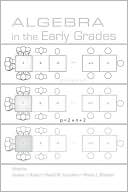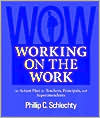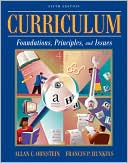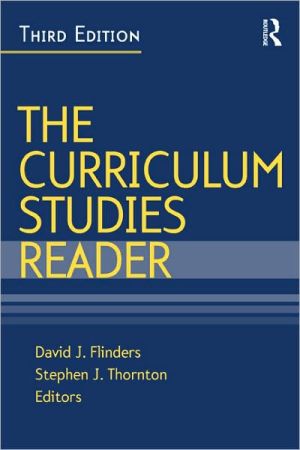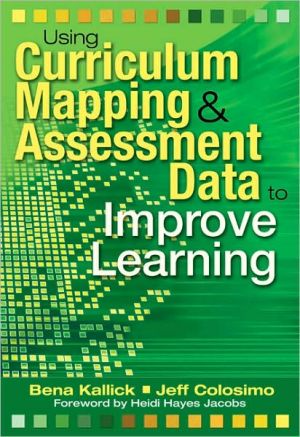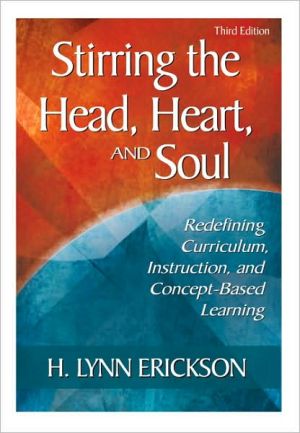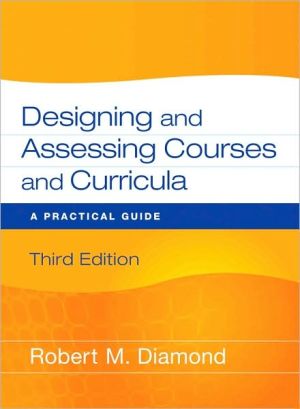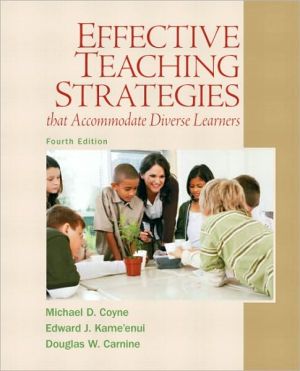Algebra in the Early Grades
Search in google:
This volume is the first to offer a comprehensive, research-based, multi-faceted look at issues in early algebra. In recent years, the National Council for Teachers of Mathematics has recommended that algebra become a strand flowing throughout the K-12 curriculum, and the 2003 RAND Mathematics Study Panel has recommended that algebra be “the initial topical choice for focused and coordinated research and development [in K-12 mathematics].” The book provides a rationale for a stronger and more sustained approach to algebra in school, as well as concrete examples of how algebraic reasoning may be developed in the early grades. It is organized around three themes:*The Nature of Early Algebra*Students’ Capacity for Algebraic Thinking*Issues of Implementation: Taking Early Algebra to the Classrooms The contributors to this landmark volume have been at the forefront of an effort to integrate algebra into the existing early grades mathematicscurriculum. They include scholars who have been developing the conceptual foundations for such changes as well as researchers and developers who have led empirical investigations in school settings. Algebra in the Early Grades aims to bridge the worlds of research, practice, design, and theory for educators, researchers, students, policy makers, and curriculum developers in mathematics education.
Preface ixAcknowledgments xiiiAbout the Contributors xvSkeptic's Guide to Algebra in the Early Grades xviiThe Nature of Early Algebra 1What Is Algebra? What Is Algebraic Reasoning? James J. Kaput 5Algebra From a Symbolization Point of View James J. Kaput Maria L. Blanton Luis Moreno 19Making Use of Children's Powers to Produce Algebraic Thinking John Mason 57Quantitative Reasoning and the Development of Algebraic Reasoning John P. (Jack) Smith III Patrick W. Thompson 95Representational Thinking as a Framework for Introducing Functions in the Elementary Curriculum Erick Smith 133Students' Capacity for Algebraic Thinking 161Classroom Stories: Examples of Elementary Students Engaged in Early Algebra Virginia Bastable Deborah Schifter 165Children's Reasoning About Change Over Time Cornelia Tierney Stephen Monk 185What Is a Legitimate Arithmetic Number Sentence? The Case of Kindergarten and First-Grade Children Nitza Mark-Zigdon Dina Tirosh 201Visualizing Algebraic Reasoning TimothyBoester Richard Lehrer 211Early Algebra Is Not the Same as Algebra Early David W. Carraher Analucia D. Schliemann Judah L. Schwartz 235Multiple Notational Systems and Algebraic Understandings: The Case of the "Best Deal" Problem Barbara M. Brizuela Darrell Earnest 273Signed Numbers and Algebraic Thinking Irit Peled David W. Carraher 303Issues of Implementation: Taking Early Algebra into the Classroom 329Content Matters: Algebraic Reasoning in Teacher Professional Development Megan Loef Franke Thomas P. Carpenter Dan Battey 333Building District Capacity for Teacher Development in Algebraic Reasoning Maria L. Blanton James J. Kaput 361Measure Up: A Quantitative View of Early Algebra Barbara Dougherty 389Early Algebra: What Does Understanding the Laws of Arithmetic Mean in the Elementary Grades? Deborah Schifter Stephen Monk Susan Jo Russell Virginia Bastable 413Early Algebra: The Math Workshop Perspective E. Paul Goldenberg Nina Shteingold 449AfterwordEarly Algebra as Mathematical Sense Making Alan H. Schoenfeld 479Author Index 511Subject Index 521
